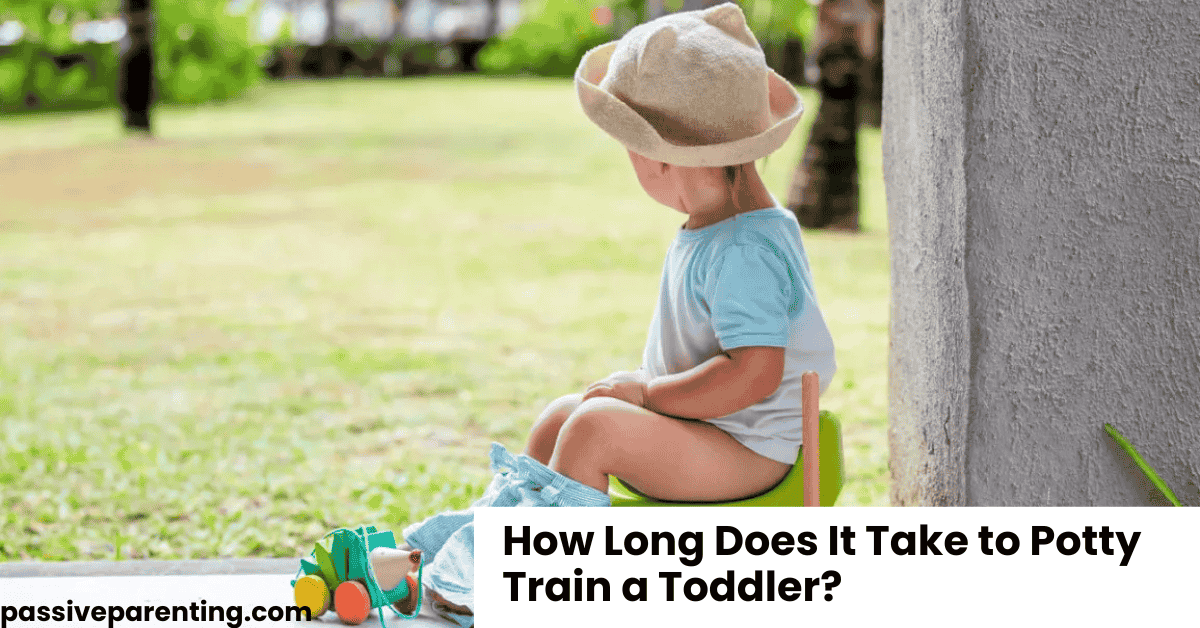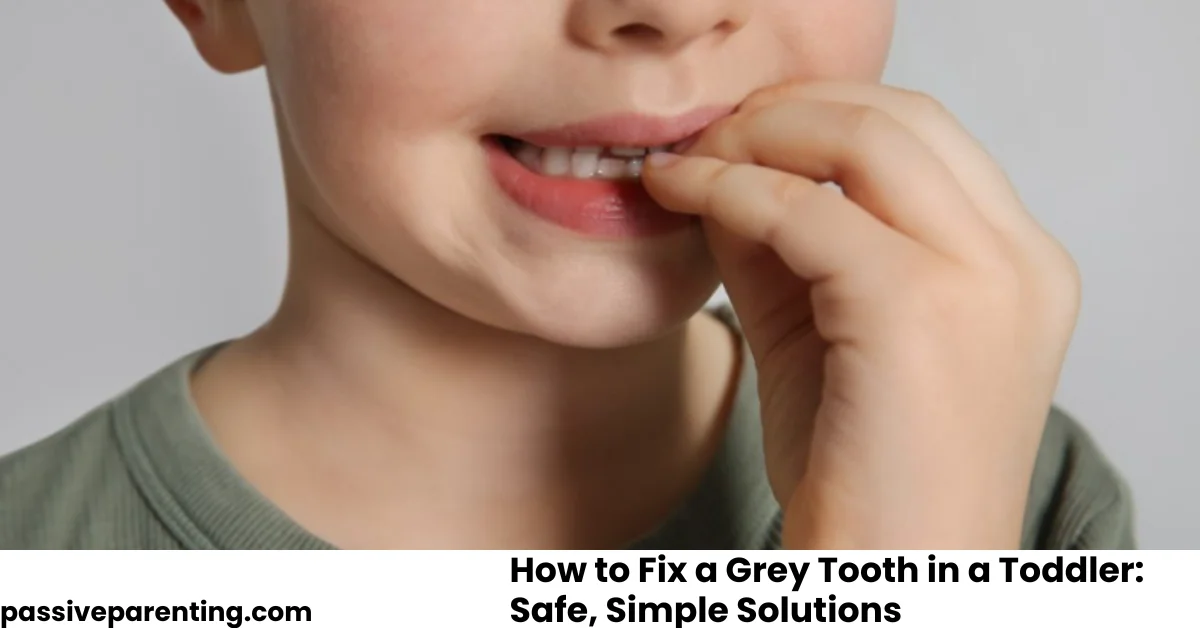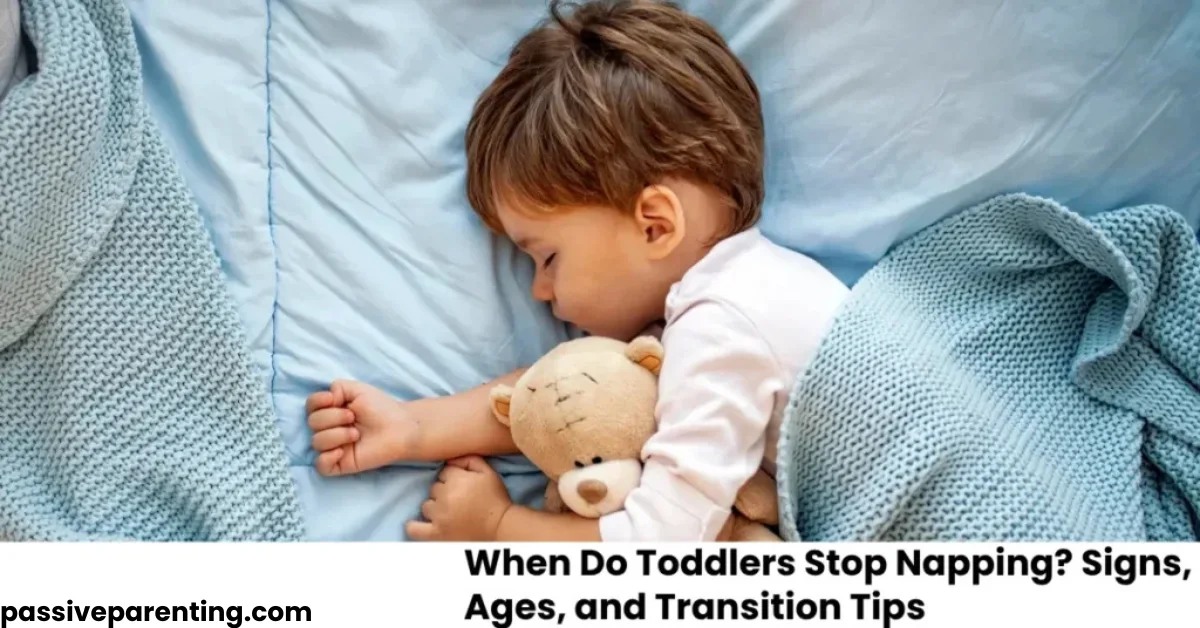It is very common for parents to worry when their baby seems to take rapid breaths while sleeping. In this article, you will discover what counts as a normal breathing rate for babies during sleep, what changes in breathing may indicate a problem, how to observe safely, and when it’s time to call a doctor.
What Is a Normal Breathing Rate for a Baby While Sleeping?
Expected Breaths per Minute
Newborns often breathe much faster than older children. While awake, a healthy newborn tends to breathe 40 to 60 breaths per minute. When sleeping, that rate often slows. According to Stanford Children’s Health, the normal sleep breathing rate for a newborn may decrease to about 30 to 40 breaths per minute.
HealthyChildren.org notes that babies may also show periodic breathing while in sleep, which means a few fast breaths, sometimes followed by a brief pause of up to 5-10 seconds, then return to a regular pattern.
Periodic & Transient Rapid Breathing
Parents may notice their baby breathing more rapidly in phases especially during active sleep (REM sleep) or after feeding or crying. This is often a normal response. In particular:
- Rapid bursts of breathing after sleep cycles or when waking.
- Brief pauses (less than 10 seconds) followed by catching up.
- Slightly deeper or shallower breaths during transitions between sleep stages.
What Might Cause Your Baby to Breathe Fast While Sleeping
Fast breathing in a sleeping baby can happen for many everyday reasons. Most of them are not serious. Some common causes include:
- Sleep cycle stage: During REM sleep, breathing tends to be more variable and sometimes faster.
- Warm environment or overdressing: Babies may breathe quickly if they are too warm or wearing too many layers.
- Congestion or minor nasal blockage: Even mild stuffiness forces them to take quicker breaths to get enough air.
- Post-feeding breathing: Feeding may increase metabolism and trigger faster breathing for a short period.
- Being upset or crying before sleep: Escaping that tension may take time, and breathing may remain elevated briefly.
These are usually temporary and should subside as conditions normalize.
When Fast Breathing May Signal a Problem
While many instances are normal, there are red-flags parents should watch for. If breathing fast while sleeping is accompanied by any of these, it’s time to consult a health care provider.
- A consistent breathing rate significantly above 60 breaths per minute while relaxed and sleeping. Stanford Children’s Health notes that rates above 60 breaths per minute during calm sleep may be a concern.
- Flaring nostrils, retractions (skin between ribs pulling in), grunting, or very shallow breaths. These signs indicate the baby may be working hard to breathe.
- Skin or lips turning bluish or pale, poor feeding, lethargy, or excessive sleepiness. These symptoms may indicate low oxygen or respiratory distress.
- Breathing pauses longer than 20 seconds (apnea) or repetitive long pauses.
- If there is a fever, wheezing, or cough alongside fast breathing. Could be a sign of infection like bronchiolitis or pneumonia. Mayo Clinic says bronchiolitis typically causes very fast breathing (over 60 breaths per minute in infants) and other respiratory distress signs.
How to Safely Observe Your Baby’s Breathing
You don’t always need equipment, just careful observation. Here are steps:
- Count breaths
- When the baby is calm and asleep (not crying or just after feeding), watch the rise and fall of their chest for one full minute.
- Avoid periods when they are upset, they naturally breathe faster then.
- Look for other signs
- Skin color around lips and nails.
- Chest movement: is it smooth, or do ribs pull in?
- Noise: Wheezing, grunting, or gasping.
- Keep sleep environment safe
- Room temperature cool but not cold.
- No loose blankets or bed-sharing that might cause overheating or airway blockage.
- Keep a simple diary
- Note hours of sleep, what happened just before (crying, feeding), temperature, any medication.
- Patterns may emerge that help your pediatrician.
This process helps parents differentiate between normal patterns and those that merit concern.
Common Illnesses & Conditions That Cause Fast Breathing
Here are medical causes that can lead to fast breathing while sleeping in babies. These usually also include additional symptoms.
| Condition | What to Watch For |
|---|---|
| Bronchiolitis | Very fast, shallow breathing; wheezing; difficult feeding; sometimes mild fever. (Mayo Clinic) |
| Respiratory Distress Syndrome (in preterm babies) | Grunting, nostril flaring, bluish skin, chest retractions. NIH explains that RDS leads to rapid shallow breaths due to poor lung maturity. NIH |
| Pneumonia or viral infection | Fever, cough, irritability; baby may refuse feeding. Spectators may see fast breathing and gasping. |
| Congenital heart or lung conditions | Less common, but may present with persistent breathing issues, bluish color, poor growth. |
| Obstruction or airway problem | Blocked nose, large tonsils/adenoids, or in rare cases sleep apnea. Snoring or noisy breathing may accompany fast breathing. |
Age-Based Sleep Breathing Rates and When They Should Slow Down
Babies do not always maintain the same respiratory rate as they grow. Understanding expected norms can help you know what to expect.
- Newborns (0-1 month): Typically 40-60 breaths per minute when awake; 30-40 when sleeping.
- 1-3 months: Breathing often still frequent; periodic breathing and irregular patterns remain common.
- 3-6 months: Breathing begins to look more regular; speed slows somewhat.
- 6-12 months: Even more stable; sleep breathing usually in the lower end of the newborn range.
If fast breathing persists beyond the expected slowdown for age, or if emerging patterns worsen, medical evaluation is safer.
What Parents Can Do at Home
Until you see a doctor, there are supportive steps you can try to ease breathing:
- Keep the baby calm, swaddled comfortably (but not too tightly), and avoid overheating.
- Elevate the crib slightly if advised, or ensure a cool, well-ventilated sleep area.
- Use a humidifier if the air is dry, but keep it clean to avoid mold.
- Clear nasal congestion gently (with saline drops or recommended tools).
- Ensure the baby feeds well; dehydration can worsen breathing.
These methods won’t cure serious illness but can help comfort the baby and reduce stress.
When to Call the Doctor or Seek Emergency Care
You should contact a healthcare provider if you notice:
- Consistent breathing above 60 breaths per minute in calm sleep.
- Any blue or gray coloring of lips, tongue, hands, or feet.
- Chest retractions, nostril flaring, or visible struggle with breathing.
- Baby is very lethargic, refuses feeding, or is difficult to wake.
- Pauses in breathing lasting more than 20 seconds.
- Fever plus breathing problems.
If in doubt, it is always safer to check with pediatric care. Many conditions respond well when treated early.
Conclusion
Seeing your baby breathe fast while sleeping can be worrying, but in many cases, it’s within the range of normal newborn behavior. Understanding breathing rate norms, recognizing worrisome signs, and maintaining a safe environment can help you stay calm and take action if needed. When you observe red flags or just feel unsure, it’s always better to reach out to your pediatrician. Peace of mind and early care both matter.




